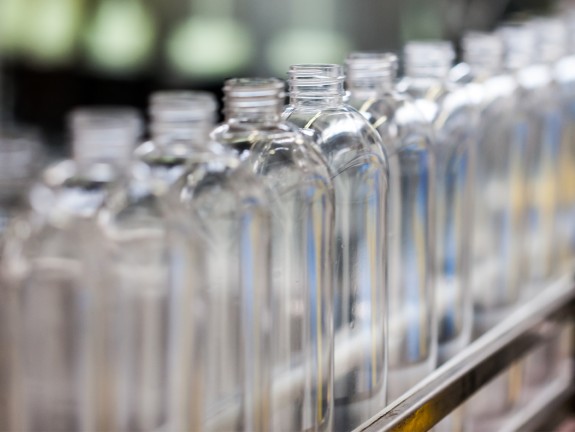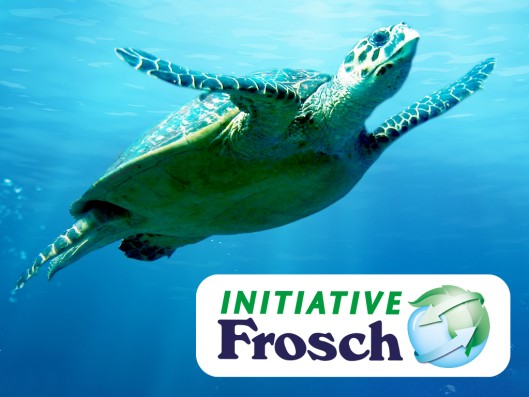
The circular economy

Together with you
We hold the recycling world record
True circular economy
100% recyclable bag made of mono-material
Frosch has achieved a milestone: The fully recyclable bag made of mono-material (polyethylene) with a removable banderole is the first flexible packaging worldwide to achieve "Cradle to Cradle Gold Certification". Some 85% of the packaging material is unprinted and can be recycled to a high standard. The remaining 15%, the printed banderole, is also fully recyclable. The stand-up pouches are used for Frosch detergent and as refill packs for soaps and bottles with a spray function.
We live an outstanding energy-saving circular economy for climate protection and the maintenance of biodiversity.
Frosch for active climate protection
What climate protection means to us
We have developed concrete solutions and measures for climate protection along our value chain - for recipes as well as for packaging and production. Our goal: We want to save climate-damaging CO2 along our entire value chain. Our solution: circular economy.
